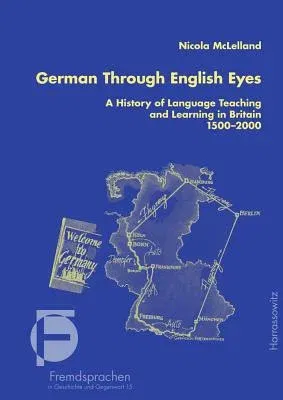Nicola McLelland
(Author)German Through English Eyes: A History of Language Teaching and Learning in Britain 1500-2000 (1., Aufl.)Hardcover - 1., Aufl., 31 October 2015

Qty
1
Turbo
Ships in 2 - 3 days
In Stock
Free Delivery
Cash on Delivery
15 Days
Free Returns
Secure Checkout

Print Length
444 pages
Language
English
Publisher
Harrassowitz
Date Published
31 Oct 2015
ISBN-10
3447101482
ISBN-13
9783447101486
Description
Product Details
Author:
Book Edition:
1., Aufl.
Book Format:
Hardcover
Country of Origin:
US
Date Published:
31 October 2015
Dimensions:
24.38 x
17.53 x
2.79 cm
ISBN-10:
3447101482
ISBN-13:
9783447101486
Language:
English
Location:
Wiesbaden
Pages:
444
Publisher:
Weight:
1020.58 gm